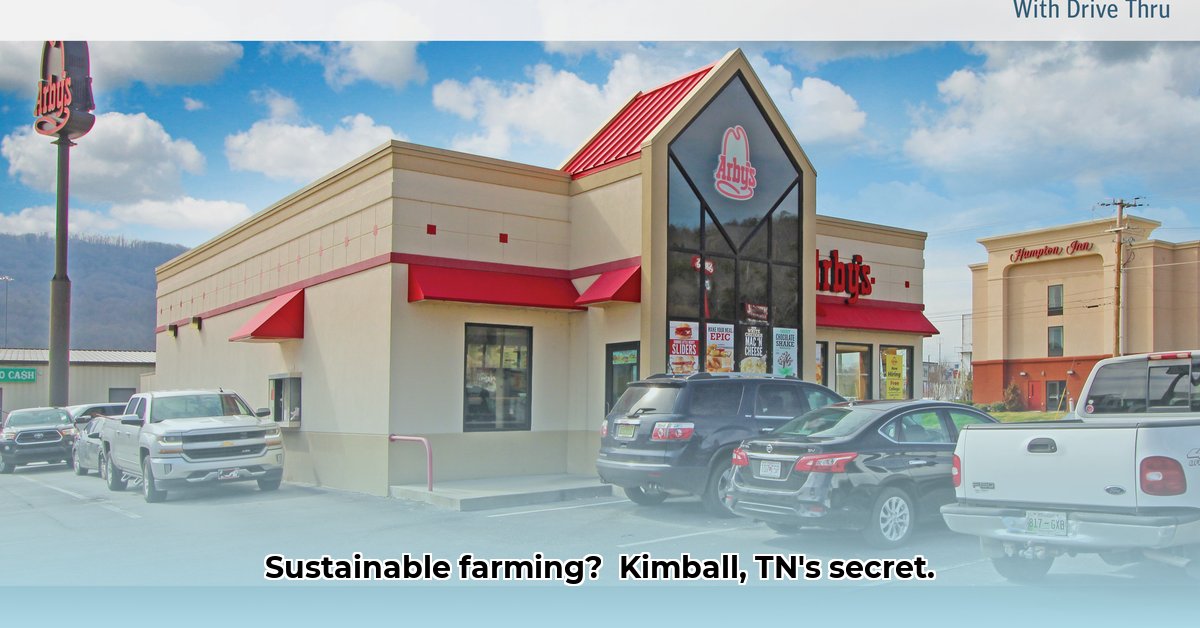
Product Availability and Accessibility
Tractor Supply (TSC) in Kimball, TN, offers a range of products relevant to sustainable agriculture, providing a convenient resource for local farmers and gardeners. These include various animal feeds, fencing materials, a selection of seeds (including some organic options), gardening tools, and irrigation systems. This accessibility is particularly beneficial in rural areas with limited access to larger retailers. However, a significant limitation is the lack of comprehensive information regarding sustainable certifications and sourcing practices for many products. While some organic seeds are available, the overall selection of certified sustainable goods remains limited. The absence of clear labeling regarding sustainable manufacturing processes for tools and the sourcing of animal feed ingredients represents a key gap. This lack of transparency hinders informed consumer decisions and limits TSC's potential contribution to sustainable agriculture. For more information on pasture fertilizer options, see this helpful resource.
Gaps and Limitations
A crucial challenge is the insufficient transparency surrounding TSC's commitment to sustainable practices. While the store sells products useful for eco-friendly farming, concrete certifications or detailed sourcing information are largely absent. This lack of information raises concerns for environmentally conscious consumers who want to ensure products are truly sustainable and sourced responsibly. Knowing the origins and production methods of goods is crucial for supporting ethical and environmentally sound practices. The absence of this crucial data significantly limits the store's ability to demonstrably contribute to sustainable agriculture.
Local Impact and Community Engagement
TSC's presence undeniably benefits the local community, providing convenient access to agricultural supplies and potentially boosting farming productivity and affordability. However, to fully assess its impact on sustainable agriculture, further research is necessary. The prevalence of various farming practices in the region needs to be better understood to determine if TSC's offerings effectively cater to the local farmers' need for sustainable products. The extent of TSC's direct community engagement and efforts to understand and respond to localized sustainability requirements should also be examined.
Actionable Recommendations
To maximize TSC's positive contribution to sustainable agriculture, the following steps are crucial for all stakeholders:
For Local Farmers and Gardeners:
- Short-Term (0-1 Year): Actively inquire about product origins and sourcing practices. Support suppliers committed to transparent and sustainable practices. Explore bulk-buying options to reduce costs and promote farming efficiency.
- Long-Term (3-5 Years): Advocate for sustainable agriculture practices. Collaborate with other farmers to influence TSC's product selection and promote sustainable food systems by supporting local farmers' markets.
For Tractor Supply:
- Short-Term (0-1 Year): Conduct an immediate inventory audit to identify areas for improvement. Prioritize stocking certified organic and sustainably produced goods. Invest in staff training on sustainable agricultural practices and their communication to customers.
- Long-Term (3-5 Years): Develop and publicly release a detailed sustainability policy encompassing the entire supply chain. Establish partnerships with suppliers committed to sustainable practices and transparently share environmental impact data.
For the Local Community:
- Short-Term (0-1 Year): Support local initiatives promoting sustainable living. Participate in community events focused on environmental stewardship to raise awareness.
- Long-Term (3-5 Years): Advocate for community policies supporting sustainable farming and encourage widespread adoption of eco-friendly practices.
Conclusion
Tractor Supply's potential to significantly advance sustainable agriculture in Kimball, TN, depends on the collective commitment of all stakeholders. While the store currently offers some relevant products, substantial improvements are needed to ensure transparency and a wider selection of certified sustainable goods. Through open communication, collaborative action, and shared environmental responsibility, a brighter, more sustainable future can be built for both the local community and the agricultural industry. Actionable steps from all parties are vital to achieve this common goal. The Kimball community, TSC, and regional farmers collectively have the power to reshape the local agricultural landscape for the better.